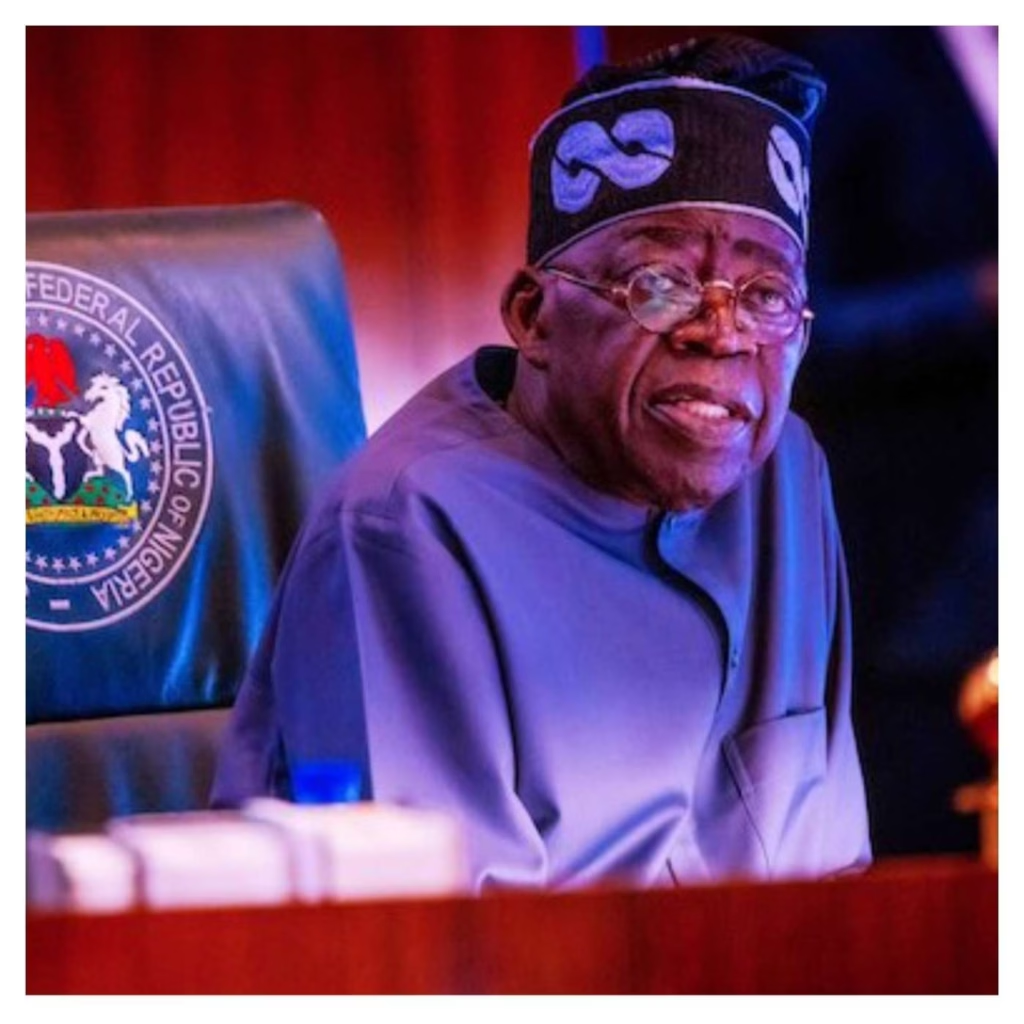In a significant move to enhance efficiency and reduce bureaucratic red tape, President Bola Ahmed has introduced new procurement guidelines for Nigeria. According to a statement by Zira Nagga, spokesperson for the Bureau of Public Procurement, contracts and procurement of goods and services valued below N5 billion will no longer require the approval of the Federal Executive Council. This change aims to streamline the procurement process, allowing ministries, departments, and agencies to adjudicate their procurement status more quickly and effectively.
The new guidelines, announced on Thursday, outline specific thresholds for different types of procurements. For instance, international or national competitive bidding will be required for goods valued at N1 billion and above, and works valued at N5 billion and above. The Bureau of Public Procurement emphasizes that these guidelines are subject to periodic reviews, which may result in adjustments upward or downward, depending on the prevailing economic situation.
Under the new structure, only contracts valued at N5 billion and above for goods and consultancy services, and N10 billion and above for works, will require Federal Executive Council approval. Projects below these thresholds will be processed at the Ministerial Tenders Board, Parastatal Tenders Board, and by Accounting Officers based on their respective costs. Additionally, Requests for Quotations are permitted for smaller procurements, such as goods and non-consultant services valued below N30 million and works valued below N50 million.
The introduction of these revised thresholds is part of a broader effort to enhance efficiency and stability in the procurement process. The Bureau of Public Procurement has warned against defaulting on these guidelines, stating that those who flout, abuse, or frustrate their implementation will face administrative sanctions. As the Nigerian government continues to implement policies aimed at promoting local industry and reducing reliance on foreign goods, these new procurement guidelines mark an important step towards achieving these goals.
The move follows the recent approval of the Nigerian First Policy and the ban on the importation of foreign goods, highlighting the government’s commitment to supporting local businesses and stimulating economic growth. With these changes, Nigeria aims to create a more streamlined and efficient procurement process, ultimately benefiting the country’s economy and its people.
